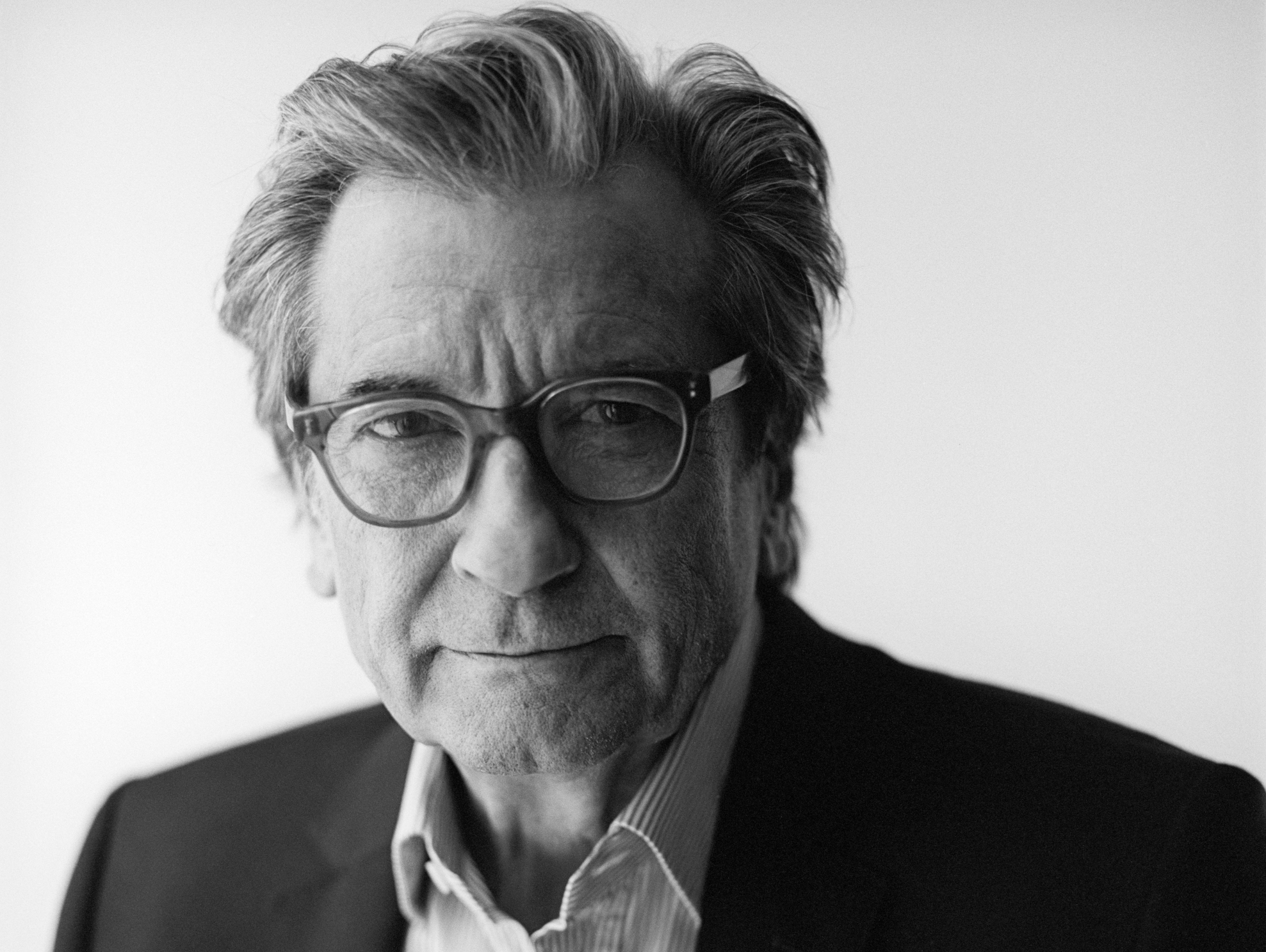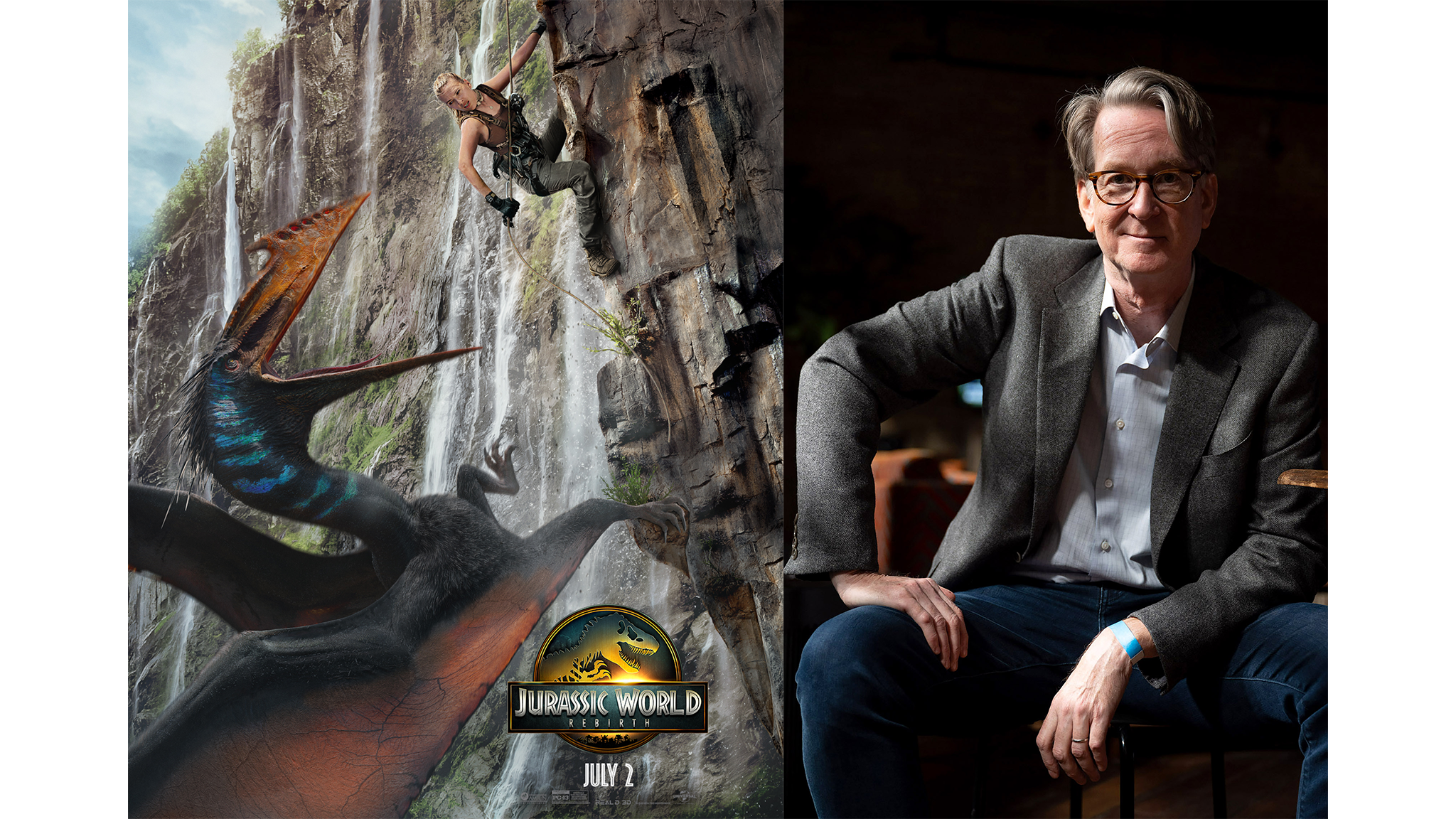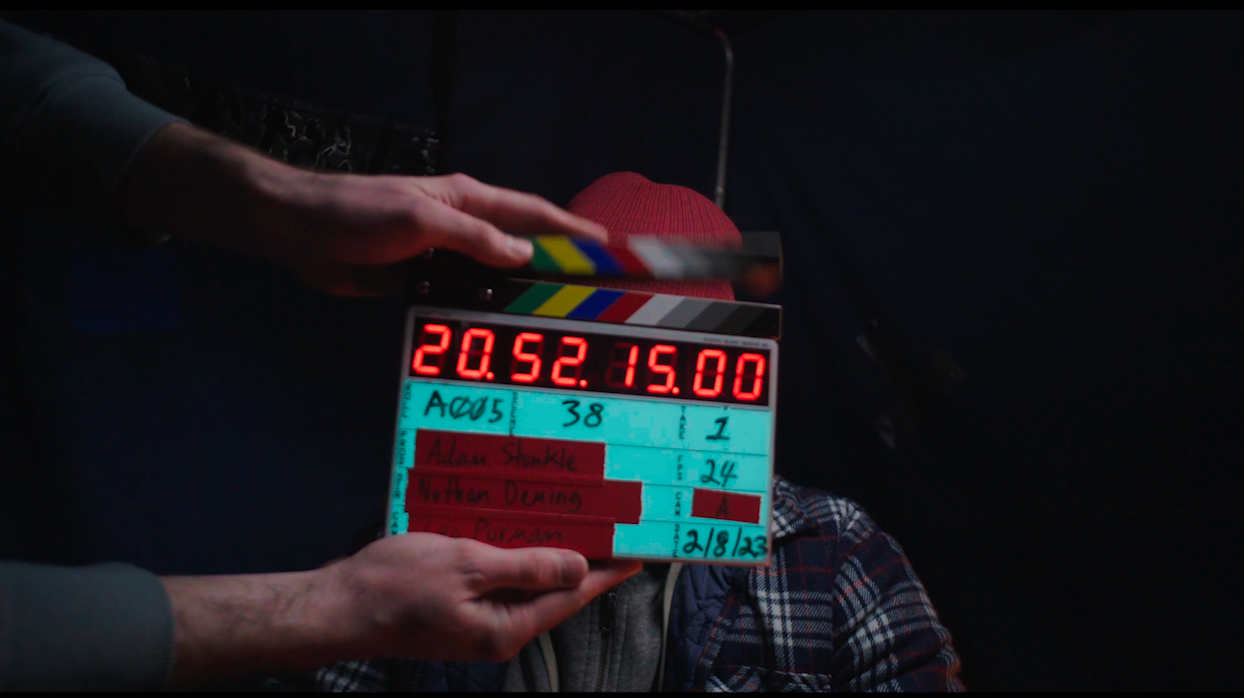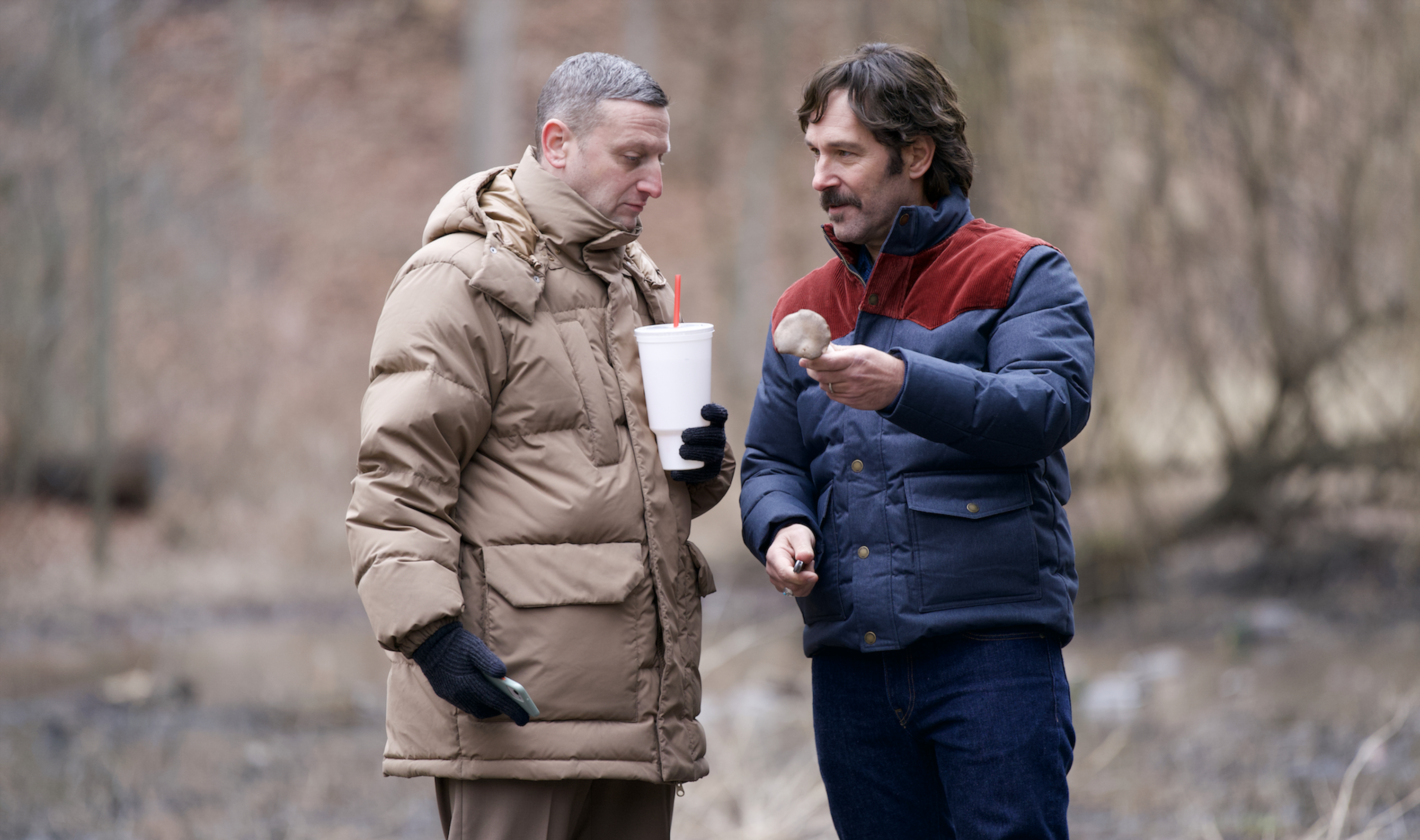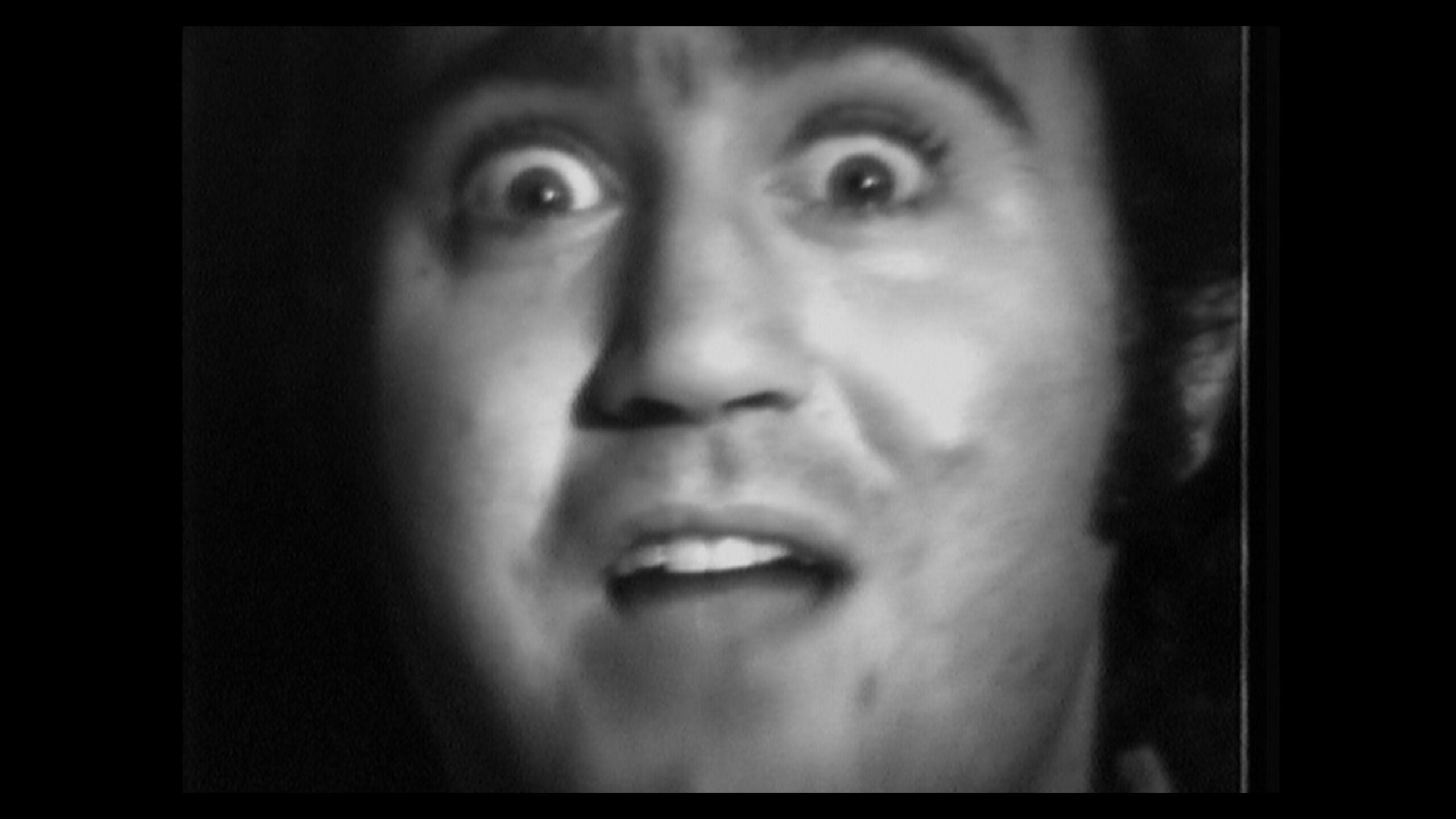It’s hard to think of a better title or subtitle to actor Griffin Dunne’s memoir, “The Friday Afternoon Club: A Family Memoir.”
Griffin — who starred in Martin Scorsese’s 1985 dark comedy “After Hours” and John Landis’ “American Werewolf in London” — grew up in what he dubs the “land of make-believe” with high society parties throughout his childhood.
His father, Dominick, was the scribe behind the landmark film, “The Panic in Needle Park,” and enjoyed a second act as a writer for Vanity Fair. His aunt is none other than Joan Didion, one of the pioneers of New Journalism. His sister Dominique went into acting as well before a harrowing crime took her life. He was dear friends with the late Carrie Fischer and her mother, Debbie Reynolds.
News with a little more humanity
WPR’s “Wisconsin Today” newsletter keeps you connected to the state you love without feeling overwhelmed. No paywall. No agenda. No corporate filter.
Griffin has captured all the smile-inducing highs and grief-stricken lows of his life, career and fascinating family tree in his memoir with a stark frankness and heart.
He sat down with WPR’s “BETA” host Doug Gordon to share more.
The following has been edited for clarity and brevity.
Doug Gordon: When you were 8 years old, you had an up-close-and-personal encounter with your favorite actor, Sean Connery. Can you tell us about that?
Griffin Dunne: I saw him doing laps in the pool. I’d seen “Dr. No” recently, and so his stardom was, pretty much, on my mind. But I noticed when he was swimming, there was a big bald spot on the back of his head that he didn’t have when he was in “Dr. No” as James Bond.
But still, I couldn’t have been more impressed and wanting to get his attention. So, I jumped in the deep end, and I was not a very good swimmer. I just sunk like a stone. And then I felt this hand lift me up by the rump and put me on to the side. And it was 007 saying, (impersonating Connery’s accent) “A wee bit early for the deep end, sonny.” So, that made an impression on me.
DG: Yeah, absolutely. And I like your Sean Connery impression. It’s very good. When you were in your early 20s, you shared an apartment with Carrie Fisher, who was filming a little sci fi space opera at the time. What was your relationship with Carrie like?
GD: We met when she was 15 and I was 16. It’s one of those things where you just hit it off, like, right away. She was the funniest person, to this day, I’ve ever known. I mean, we broke out into musicals, singing, making up the lyrics and conversation and laughed uproariously.
When I moved to New York, she came to New York. She was in the chorus of her mother, Debbie Reynolds’ musical, “Irene.” And Debbie said, “I want you to be my daughter’s roommate. I don’t want her to live in New York by herself. You have to do it.”
And she put us up in a place I couldn’t afford, and I was her best friend. And I was also, like, her protector. There was not a young man who she didn’t meet who didn’t fall immediately in love with her and use me as the go-between to get to her. I would be the wall between her and all the love interests.
DG: You’re probably best known for your starring role in the 1985 black comedy film “After Hours” directed by Martin Scorsese. What do you think of the film and what do you think of your performance?
GD: You know, I never had a part in a movie where I was in pretty much every single frame, and it was one of the most joyous experiences I had working on a film with Martin Scorsese. And the biggest learning experience I ever had. I learned how to watch movies from Marty. He educated me while we were shooting and I think it’s one of the best performances I’ve ever given in my life.
What’s happened is in the past, I would say 10 years, the popularity of this movie has grown so large. It’s been redistributed in the U.K. on the screens. It’s in Criterion Collection. There’s a poll for people’s favorite Scorsese movies. It used to be the most unknown and it had that dreaded word “underrated” as a compliment. Now many people consider it one of his best movies. So, it’s stood the test of time.
DG: Yeah. And maybe that was the thing, that it was too early, that it was too ahead of its time?
GD: There really wasn’t a genre for anxiety comedies at the time, and people weren’t used to laughing and feeling terribly uncomfortable and going through a first-person adventure with a man on the worst night of his life. It’s now almost an adjective for people’s situations.
DG: Fans of yours probably also know you as Jack Goodman from “An American Werewolf in London.” You say that your turn in that movie impressed one of America’s biggest filmmakers. Can you tell us about that?
GD: You know, both my sister and I had our film debuts in horror films, which is kind of funny because neither one of us were huge horror fans. I’ve since met serious horror fans, and I can’t compete with that.
I went to see Dominique on the set of “Poltergeist,” which was produced by Steven Spielberg. You know, there’s a joke about an actor coming home and his house is burned down, and his dog has been killed and his car is in flames. And they say, “Your agent was here,” and the actor goes, “My agent knows where I live?”
And when Steven Spielberg told me, “I saw Werewolf, I thought you were great,” that was like that joke. I mean, Steven Spielberg saw me in a movie?! It was a great compliment, a great recognition. At that time, I’d never had anything like that.
I’d hit the sad parts, and quite honestly, I’d get quite emotional.
Griffin Dunne
DG: In 2017, you got to direct a documentary about the incredible life and work of your aunt, Joan Didion. What was that experience like, and what did it mean for you to do that?
GD: Well, I would say, without getting too heavy or pompous about it, I would say it was a calling. Joan had been approached by many documentarians and she turned them all down. I just knew that this film had to be made. People don’t know what she sounds like. Everybody had an impression of her from her writing and the brief interviews that they saw that she was a sort of a dour woman who thought about deadly depressing things all the time. And the woman I grew up with was very funny and had a light trill of a laugh that I was dying to have people hear.
It was my duty because I was the only one she would allow to do this. People got to see Joan for how she really was. They saw her as a family person, as a mother, as my aunt, as a widow and a woman who’d lost her child. And, you know, she really let me in. And the other mission that was accomplished was it brought in a whole new generation of readers.
DG: Has writing your memoir changed the way you reflect on your life and your career?
GD: The most startling thing about the effect the book had on me was having to read my whole life in four days for the audiobook. I’d get to the good times, and sometimes I’d make myself laugh. I thought, “Oh, that’s a pretty funny line.” Or, “Oh God, that’s funny. I can’t believe that happened to me.” As if it was just somebody else.
And then, I’d hit the sad parts, and quite honestly, I’d get quite emotional. You know, we’d have to take a break. It was like flash cards of my entire life going through it and it aged me. And I thought, “Oh, God, now I actually kind of feel like I’m 69.” I did feel a little old-aged. I felt a little wise, too, if I may say so.

